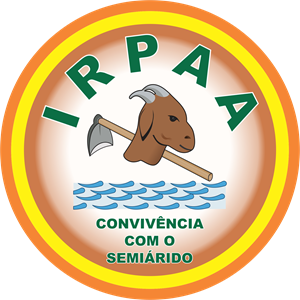INSECTICIDAL ACTIVITY OF ESSENTIAL OILS FROM MEDICINAL PLANTS AND NEEM OIL ON THRIPS TABACI (THYSANOPTERA: THRIPIDAE)
DOI:
https://doi.org/10.5281/zenodo.10817875Keywords:
Biopesticides, tripes, Allium cepa, medicinal plantsAbstract
Thrips tabaci is the main pest in onion crops. Chemical insecticides are commonly used to control this pest. However, this practice is responsible for generating contamination to the bulbs and natural resources. Therefore, there is a need to use natural methods, such as extracts and essential oils in thrips control. This work evaluated the potential of essential oils from different medicinal plants to control T. tabaci under laboratory conditions. Filter paper discs were treated with 1% essential oils diluted in 0.5% tween 20 and 0.2% ethyl alcohol. Ten thrips larvae were placed on the treated discs that were inside polyethylene plates. Subsequently, the plates were closed with plastic film and conditioned in BOD at 25±1°C, 80±5 % RH and 12 h photoperiod. The design was entirely randomized with 4 repetitions and 8 treatments, being six medicinal plant oils (Lippia alba, Mentha piperita, Cymbopogon citratus, Cymbopogon winterianus¸ Thymus vulgaris e Lippiasidoides), the neem essential oil (Azadirachta indica) and the control (no oil). The insects were evaluated after 24 h, counting the dead insects. The data were submitted to the mean test and compared by Tukey's test at 5%. Of the seven species tested, T. vulgaris and L. sidoides obtained 67.5% and 85% mortality, respectively, showing significant differences compared to the others. The results indicate that the species T. vulgaris (thyme) and L. medoides (pepper rosemary) have insecticidal potential to control onion thrips.
Downloads
Downloads
Published
Issue
Section
License
Copyright (c) 2024 Green Journal

This work is licensed under a Creative Commons Attribution-NonCommercial-NoDerivatives 4.0 International License.


































